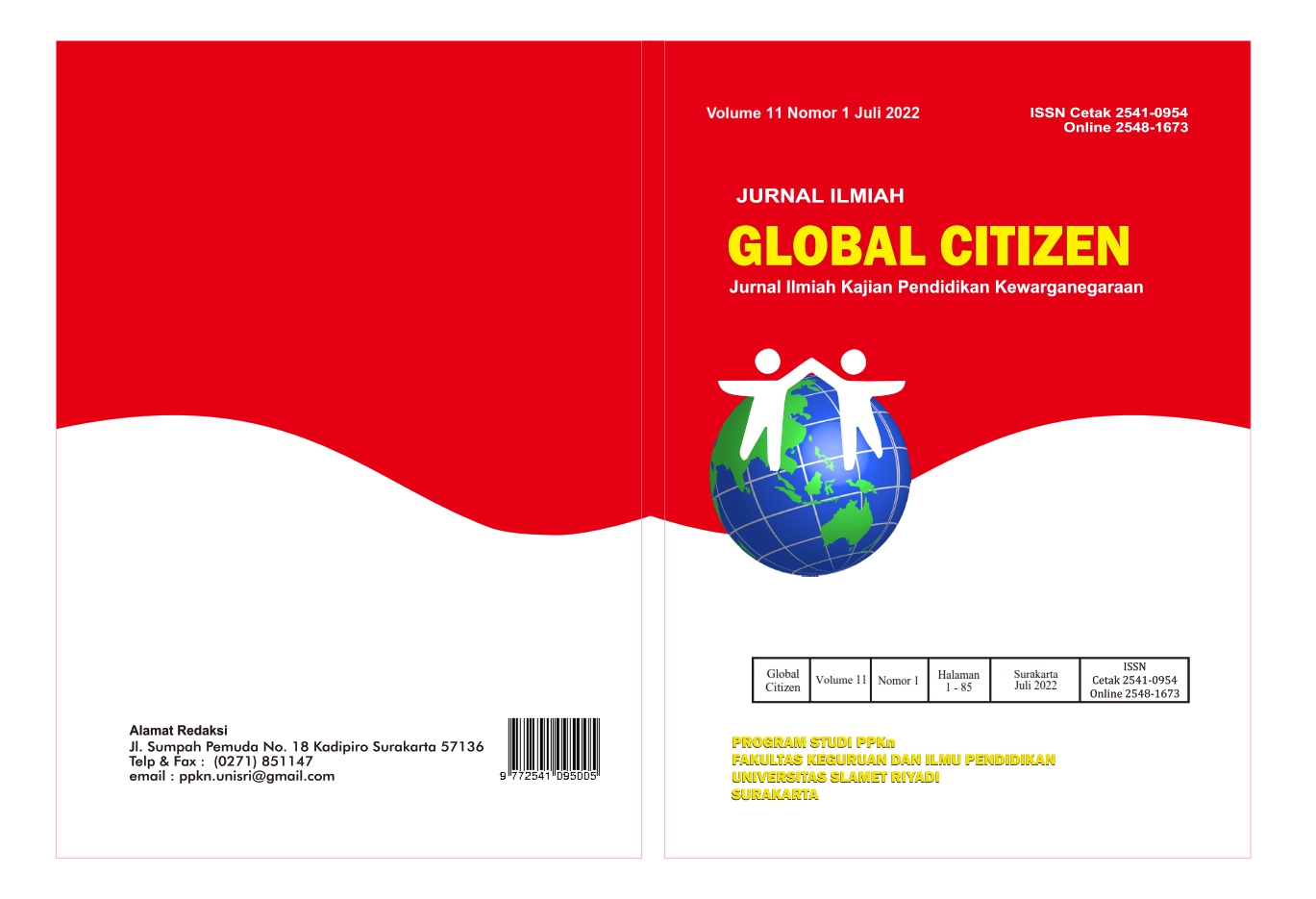PARADIGMA BARU PENYELESAIAN TINDAK PIDANA ANAK
DOI:
https://doi.org/10.33061/jgz.v11i1.7396Abstract
The new paradigm for the settlement of juvenile crimes in Law no. 11 of 2012 concerning the Juvenile Criminal Justice System includes several provisions in the process of resolving child crimes. There are a number of new things in the Law on the Juvenile Criminal Justice System, namely the philosophy of the juvenile criminal justice system, the scope of children, the age of criminal responsibility for children, the elimination of categories of criminal children, state children and civilian children, changes in designations, restorative justice approaches, process obligations diversion at every level of examination, affirmation of children's rights in the judicial process, restrictions on efforts to deprivation of liberty.
The philosophy of the juvenile criminal justice system shifts from retributive justice, rehabilitation to restorative justice which emphasizes efforts to restore the situation, pays attention to the interests of victims and perpetrators, opens space for perpetrators and victims to meet with the aim that there is an opportunity for the perpetrator to express regret to the victim and at the same time show his responsibility. opportunities for victims to express their feelings, reduce feelings of hostility, restore balance in society.
Keywords: Paradigm, Child Crime, Restorative Justice

Downloads
Published
How to Cite
Issue
Section
License
Copyright (c) 2022 SUPRIYANTA

This work is licensed under a Creative Commons Attribution-NonCommercial 4.0 International License.
Authors who publish this journal agree to the following terms:
- Authors retain copyright and grant the journal right of first publication with the work simultaneously licensed under a Creative Commons Attribution License that allows others to share the work with an acknowledgement of the work's authorship and initial publication in this journal.
- Authors can separately make additional contractual arrangements for non-exclusive distribution published by the journal (e.g., publish it in a book), with an acknowledgement of its initial publication in this journal.
- Authors are allowed and encouraged to send their work via online (e.g., in the institutional repositories or their website) after published by the journal.















